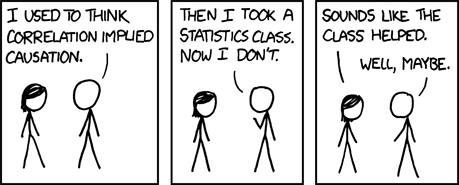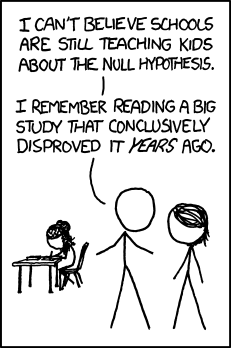Edited By Jeremy Holland, published by Practical Action. 2013
(from the Practical Action website) “Local people can generate their own numbers – and the statistics that result are powerful for themselves and can influence policy. Since the early 1990s there has been a quiet tide of innovation in generating statistics using participatory methods. Development practitioners are supporting and facilitating participatory statistics from community-level planning right up to sector and national-level policy processes. Statistics are being generated in the design, monitoring and evaluation, and impact assessment of development interventions.Through chapters describing policy, programme and project research, Who Counts? provides impetus for a step change in the adoption and mainstreaming of participatory statistics within international development practice. The challenge laid down is to foster institutional change on the back of the methodological breakthroughs and philosophical commitment described in this book. The prize is a win–win outcome in which statistics are a part of an empowering process for local people and part of a real-time information flow for those aid agencies and government departments willing to generate statistics in new ways. Essential reading for researchers and students of international development as well as policy-makers, managers and practitioners in development agencies.”
Table of Contents
1 Introduction Participatory statistics: a ‘win–win’ for international development Jeremy Holland
PART I Participatory statistics and policy change
2 Participatory 3-dimensional modelling for policy and planning: the practice and the potential , Giacomo Rambaldi
3 Measuring urban adaptation to climate change: experiences in Kenya and Nicaragua Caroline Moser and Alfredo Stein
4 Participatory statistics, local decision-making, and national policy design: Ubudehe community planning in Rwanda ,Ashish Shah
5 Generating numbers with local governments for decentralized health sector policy and planning in the Philippines , Rose Marie R. Nierras
6 From fragility to resilience: the role of participatory community mapping, knowledge management, and strategic planning in Sudan , Margunn Indreboe Alshaikh
Part II Who counts reality? Participatory statistics in monitoring and evaluation ,
7 Accountability downwards, count-ability upwards: quantifying empowerment outcomes from people’s own analysis in Bangladesh , Dee Jupp with Sohel Ibn Ali
8 Community groups monitoring their impact with participatory statistics in India: reflections from an international NGO Collective , Bernward Causemann, Eberhard Gohl, C. Rajathi, A. Susairaj, Ganesh Tantry and Srividhya Tantry,
9 Scoring perceptions of services in the Maldives: instant feedback and the power of increased local engagement , Nils Riemenschneider, Valentina Barca, and Jeremy Holland
10 Are we targeting the poor? Lessons with participatory statistics in Malawi , Carlos Barahona
PART III Statistics for participatory impact assessment
11 Participatory impact assessment in drought policy contexts: lessons from southern Ethiopia , Dawit Abebe and Andy Catley
12 Participatory impact assessment: the ‘Starter Pack Scheme’ and sustainable agriculture in Malawi , Elizabeth Cromwell, Patrick Kambewa, Richard Mwanza, and Rowland Chirwa with KWERA Development Centre,
13 Participatory impact assessments of farmer productivity programmes in Africa Susanne Neubert
Afterword , Robert Chambers
Practical and accessible resources
Index



